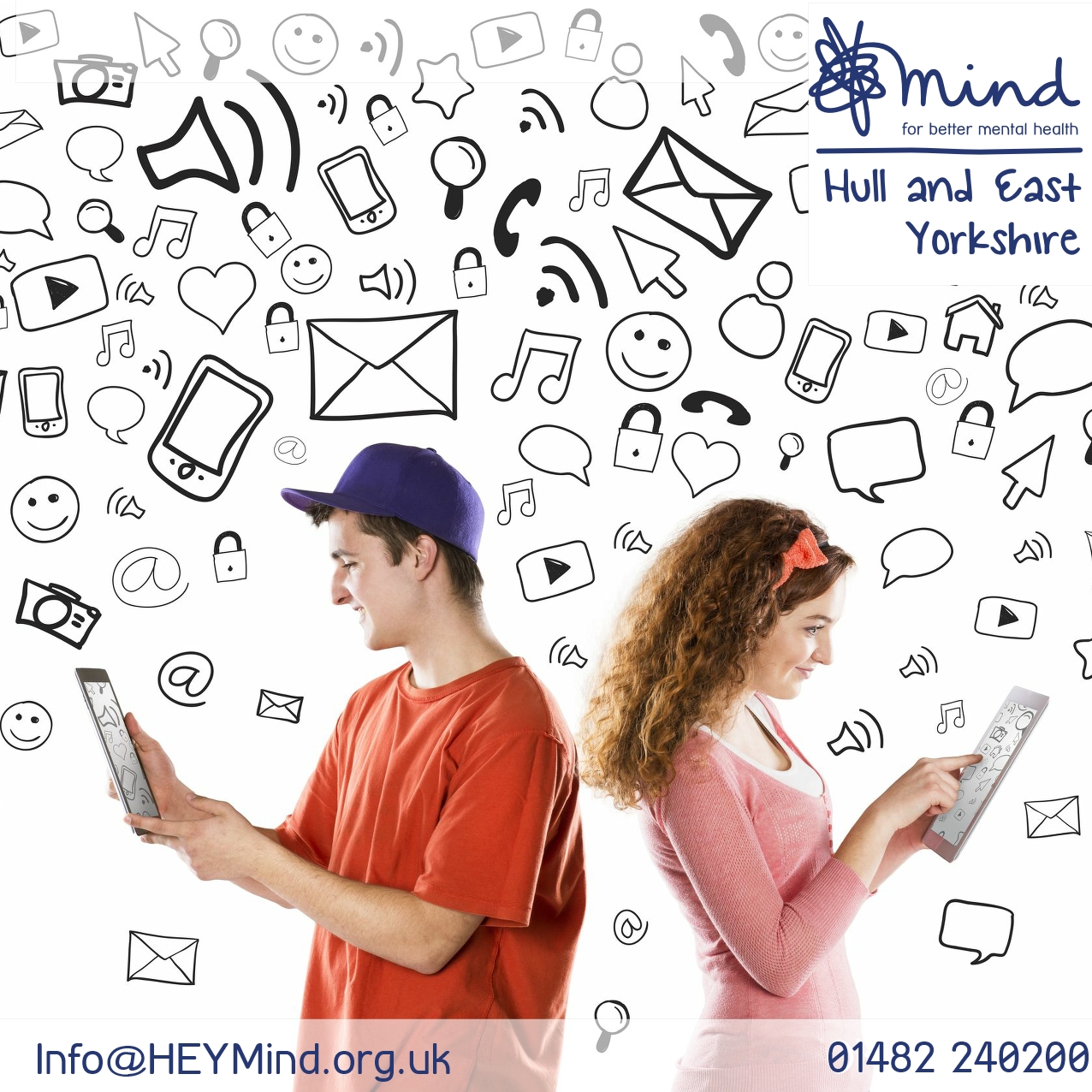What’s the real impact of social media for young people?
For those that don’t know me I’m Jack, I’m 19, love socialising, holidays and yes social media. Social media follows me everywhere!! I go to the gym and I’m on Snapchat, I go for a meal with family and I’m checking in on Facebook, literally everywhere I go I WILL find myself with my phone attached to my hand, and if not my phone my apple watch will be there with me!
Social media is, without a doubt, an integral part of most people’s lives, but especially for the younger generations. Ofcom’s latest research found that almost half of young people aged 8 – 17 years in the UK have a profile on a social networking platform such as Facebook! But what does this actually mean for young people growing up surrounded by technology and living their lives online?
Sitting with a smart phone, socialising with friends through messaging, photos, memes and GIFs is a pretty accepted form of communication amongst young people. From my perspective , it’s unlikely to see a group of teenagers sat in a room socialising without bobbing their head down to check on their newsfeed. Gone are the day of awkward silences.
For young people, being social can be an exchange of emojis with a stranger online, but is that the real meaning of social interaction? For some it’s enough, but making conversations and connections with the people around you as part of an active group of friends should never be replaced by text on a screen. For others, the value of social media is to have discussion and debate, to be heard by more than a close circle of friends. Many young people have an active interest in the world around them, probably more than what people give them credit for, and you can see this through trending hashtags on twitter and Facebook. However young people are quick to share their opinions on social media before thinking, or even as an alternative to, vocalising them to a close friend or family member. It is often that real debate and meaningful conversation is lost within comment sections of politically-driven posts on social media. Young people may be losing the ability to just talk
But when was the last time you sat and had a meal with your family without your phone? The reality is, phones and social media follow you everywhere and the need to document every small event (however uninteresting) is overwhelming. I experienced this myself the other evening, at a family meal to celebrate my sister’s birthday. We enjoyed our evening watching through camera screens and #hashtags, showing the world what we’re eating and where. It wasn’t until I noticed the look on the elderly fella’s face as he watched his granddaughter snapchat and tweet her evening, being ‘social’ with anyone but those she was present with. It really brought things into perspective.
On the other hand, social media has helped us to explore new ideas and build relationships, new and old. Teens are so emotionally invested in social media that a fifth of secondary school pupils will wake up at night and log on, just to make sure they don’t miss out.
But what is the impact on our mental health?
Social media allows us to present our own filtered sense of reality to the world, showing our followers / friends only what we want them to see. For many social media users it is an esteem booster that provides instant gratification from just one ‘like’ or comment, which explains why so many people spend so much time on the sites. The reality is that youngsters may well be physically addicted to social media. According to research published by Frontiers In Human Neuroscience there is a chemical reaction in our brains related to the rewarding feelings of food, sex and money, a reaction activated by association with more time on social media sites. According to the research, “on the social media site, the pleasure deriving from attention, kind words, likes, and LOLs from others occurs only sporadically. Such a pattern for rewards is far more addictive than receiving a prize every time, in part because the brain likes to predict rewards, and if it can’t find a pattern, it will fuel a behaviour until it finds one. So if the rewards are random, the quest may continue compulsively.”
Social media allows people to constantly comparing their life with other people and using others’ posts as measures for successes and failures in their own life. It can cause a serious dissatisfaction with one’s own life, especially when measured up to superstars such as the Kardashians, one of the most famous families in the world. The Kardashian girls post every day to display what appear to be perfect lives which has inevitably had an impact on how young people view their own lives and bodies.
Where’s the tech revolution one where we put down our phones, tablets and speak to the person in front of you? It’s potentially better for your mental health!
What about a phone free zone? We have created our own tech-free zone in my family at my Nan’s house. Others have used to dining table as their tech-free zone. My advice? Stop sitting in silence and turning to your phone during conversation pauses. Instead, find a new topic to speak about and build more valuable relationships face to face. We’re all guilty of being with someone and instead of giving them full attention, we’ve picked up our mobile’s to engage with someone else.
Social media might be a great place for a little entertainment and some light socialisation, but the real benefit of socialisation comes from physical conversations and experiencing the world. When practiced in moderation, our connection with the world through the internet can be an enhancement on an already worthwhile life.
Ref for Frontier research: http://lifehacker.com/what-happens-in-your-brain-when-people-like-your-facebo-1264757718




